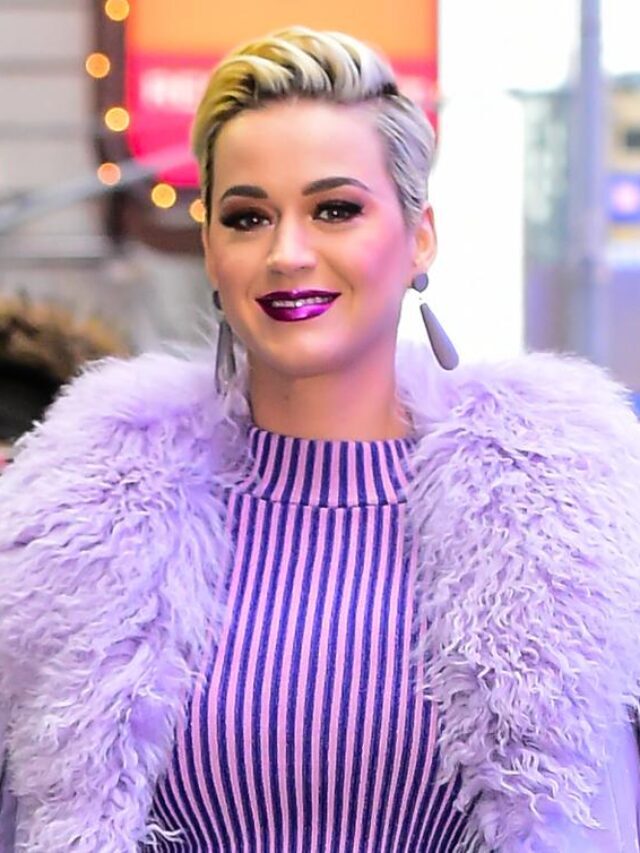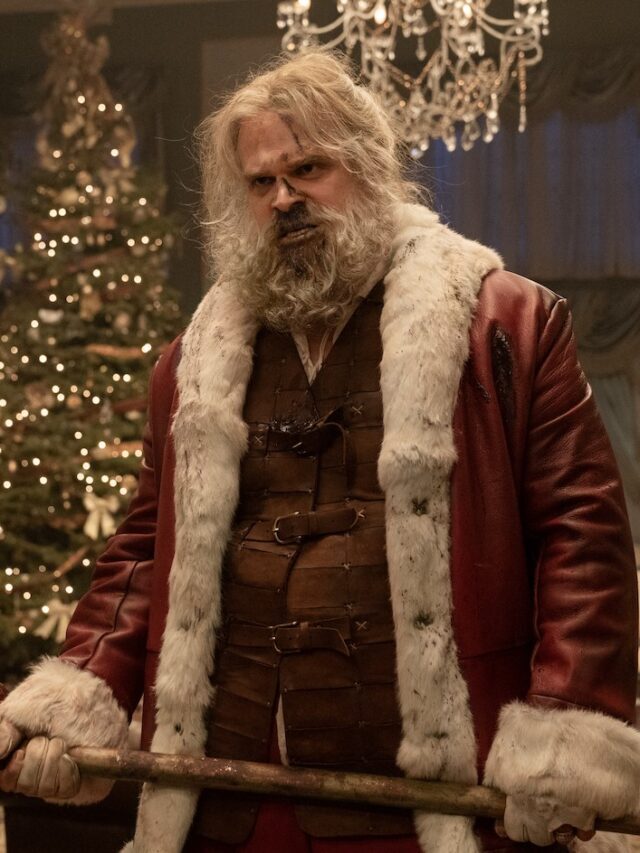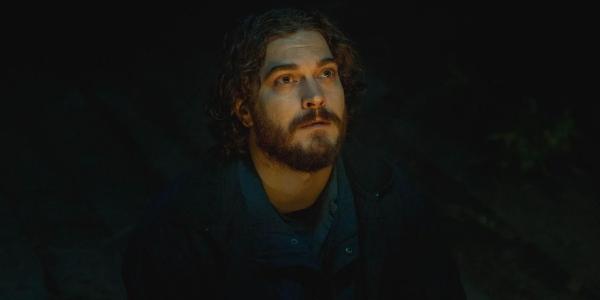The protagonist of the Turkish drama series “Kübra” on Netflix has an extraordinary life that is completely flipped upside down after a divine encounter. A normal employee named Gökhan Ahinolu finds himself in an odd situation in the streets of Istanbul when he begins to receive texts from an enigmatic social media user named Kübra. He ignores the texts at first, but as their prophetic significance becomes clear, he can no longer ignore them. Thus, taking the messages to be from the all-powerful God himself, Gökhan embarks on a perilous trip in which light and darkness clash.
Along the journey, Gökhan encounters resistance and encouragement to differing degrees. His interpersonal connections are also tested, particularly with Merve, his committed girlfriend. The fascinating premise of the show pits religion and faith against society expectations, obligations, and scepticism. Because of this, its examination of Gökhan’s distinctive plot may cause viewers to ponder the show’s historical or literary roots.
Afşin Kum’s Kübra, a Fiction Novel
“Kübra” is not based on an actual incident. Rather, the show’s genesis can be traced back to Afşin Kum’s 2020 novel of the same name. The programme uses the novel as a source for both its plot and its characters, different degrees of accuracy in their screen adaptation of Kum’s story. In 2022, Netflix created the series “Hot Skull” based on one of Kum’s earlier works, his debut novel “Sıcak Kafa.” Like that adaptation, which mostly stuck to the original material with only minor modifications and alterations to the plot in its on-screen retelling, “Kübra” also makes an effort to uphold the authenticity of Kum’s work.
Since Kum’s writing is essentially based on fiction, the series also takes on a fictionalised narrative as it tells the tale of Gökhan and his enigmatic, unidentified correspondent, Kübra. But in doing so, the programme unavoidably touches on certain concepts and stories that give it a grounded sense and make the lead character more relatable.
The show mostly focuses on the conflict between faith and scepticism and asks viewers to define where the line lies. Despite the lack of concrete proof linking Kübra’s identity to God, Gökhan’s faith leads him to conclude that the messages he is hearing are dire prophecies. Consequently, the notion of the relationship between power and responsibility gives rise to his next dispute. Gökhan understands that in order to change reality, he needs to make the most of this unexpected resource by lending a hand to others.
This raises ethical questions about one’s obligations to their community and the extent to which self-sacrifice is necessary for the greater good. Furthermore, Gökhan encounters both resistance and encouragement as he decides to go on the enormous mission to utilise his purported link with God. By doing so, the story is able to explore a complex social environment and portray it from a variety of perspectives.
In a similar vein, there is realism in the portrayal of Gökhan’s personal life as it gradually declines as his great mission is revealed. Gökhan, a combat veteran, is beginning the process of rebuilding his life by proposing to Merve, his longtime love. His commitment to his interpersonal relationships, however, wanes as he gets involved with Kübra on the online friendship forum, leaving just time for his social obligation. By doing so, Gökhan’s character is revealed to the reader, and his unwavering moral commitment is highlighted as a defining feature of his demeanour.
Thus, even if they are unable to relate to Gökhan’s decisions, the audience is forced to feel sympathy for him. In the end, the narrative creates a “what-if” situation through Gökhan’s experiences and ideas, leaving the audience to consider what they would do in his peculiar position. Gökhan’s account doesn’t seem wholly unlikely because those who profess to be in contact with God are not uncommon in the actual world, and in many cases, these claims have even led to the formation of dangerous cults.
However, Gökhan’s claims of divine connection place him in a unique category, significantly separating him from reality given the way his motivations appear to be so cut off from the exploitative realities of cults. As a result, although deviating from reality, the programme maintains a genuine sense of moral and thematic resonance. However, except from its inception in Kum’s novel, which screenwriters Rana Mamatlioglu, Bekir Baran Sitki, and Murat Uyurkulak skillfully adapted for the programme under the guidance of Durul Taylan and Yagmur Taylan, the show has no real-world connections.








